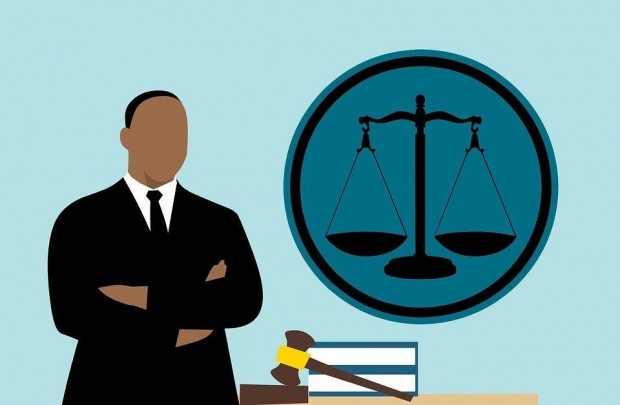Should I Represent Myself in a Criminal Case?
Jun 28, 2021 03:07 PM EDT

Some offenders opt to represent themselves before the court for several reasons. While hiring a defense attorney is always a good idea, it isn't always essential. The key to determining whether or not you require legal representation is to consider the consequences of your conviction. The more serious the offense, the more critical it is that you have legal representation.
Why Some Defendants Want to be Their Own Lawyers
Defendants may opt to represent themselves in court for a variety of reasons, including:
-
Some defendants can afford an attorney but choose not to do so because they believe the expected punishment will not be severe enough to justify the cost.
-
Some defendants assume (mistakenly) that an attorney who previously represented them was incompetent, and that they can handle their cases on their own.
-
Some defendants think that attorneys are part of a larger repressive system and that by representing themselves, they may make a political statement.
-
Self-representation allows certain prisoners in jail awaiting trial to receive benefits such as access to the institution's law library.
-
Defendants who represent themselves are not bound by the ethical norms of attorneys. By continually submitting motions, a defendant who defends himself can prolong proceedings and potentially wreak havoc on an already overburdened system. This strategy, however, is not encouraged since it frequently fails.
Making the Decision to Represent Yourself
While it is generally not a good idea for a criminal defendant to represent himself or herself in court, it may be appropriate in specific circumstances. The most apparent guideline is that the less serious the offense alleged, the safer it is for a person to represent themselves. Defendants accused of minor traffic violations like shoplifting, for example, may avoid obtaining counsel, but those charged with severe offenses or felonies should almost never do so.
Although the penalties for these offenses appear to be trivial, the conviction might have long-term consequences. Convictions for certain types of traffic infractions, for example, may result in higher insurance premiums. If the person reoffends, the second conviction might result in a significantly worse sentence than the first.
Find Out the Likely Punishment
Learning about prevalent sentencing procedures might be tough. Statutes and court rulings seldom provide standard sentences. (The only exception is sentencing in federal court, where judges are not bound by the guidelines.)
Some states, however, have what is known as determinate sentencing rules.
These laws specify (or vary from) precise penalties for each offense, such as four, five, or six years in prison for burglary.
Other states have legislation that enables a court to sentence an offender to a length of time between a minimum and a maximum punishment, such as 10 years to life.
Representing Yourself at the Arraignment
In most criminal courts, the arraignment is the initial appearance of the defendant in front of a judge, where he or she enters a guilty or not guilty plea to the accusation. If the defendant intends to submit a not guilty plea, as virtually all defendants do at this stage, the court will:
-
Schedule the next procedural step in the case.
-
Take into account any bail requests made by the defendant or the prosecutor.
-
Appoint a counsel for the defendant based on the defendant's request and proof of eligibility, and
-
Ask for the defendant (or counsel of the defendant) "waive time"
The majority of people can manage an arraignment without the assistance of a lawyer. However, if you are still unsure about whether you want to represent yourself in court, it is always best to consult with and engage a criminal defense lawyer to present your case, after carefully considering the pros and cons of representing yourself.





